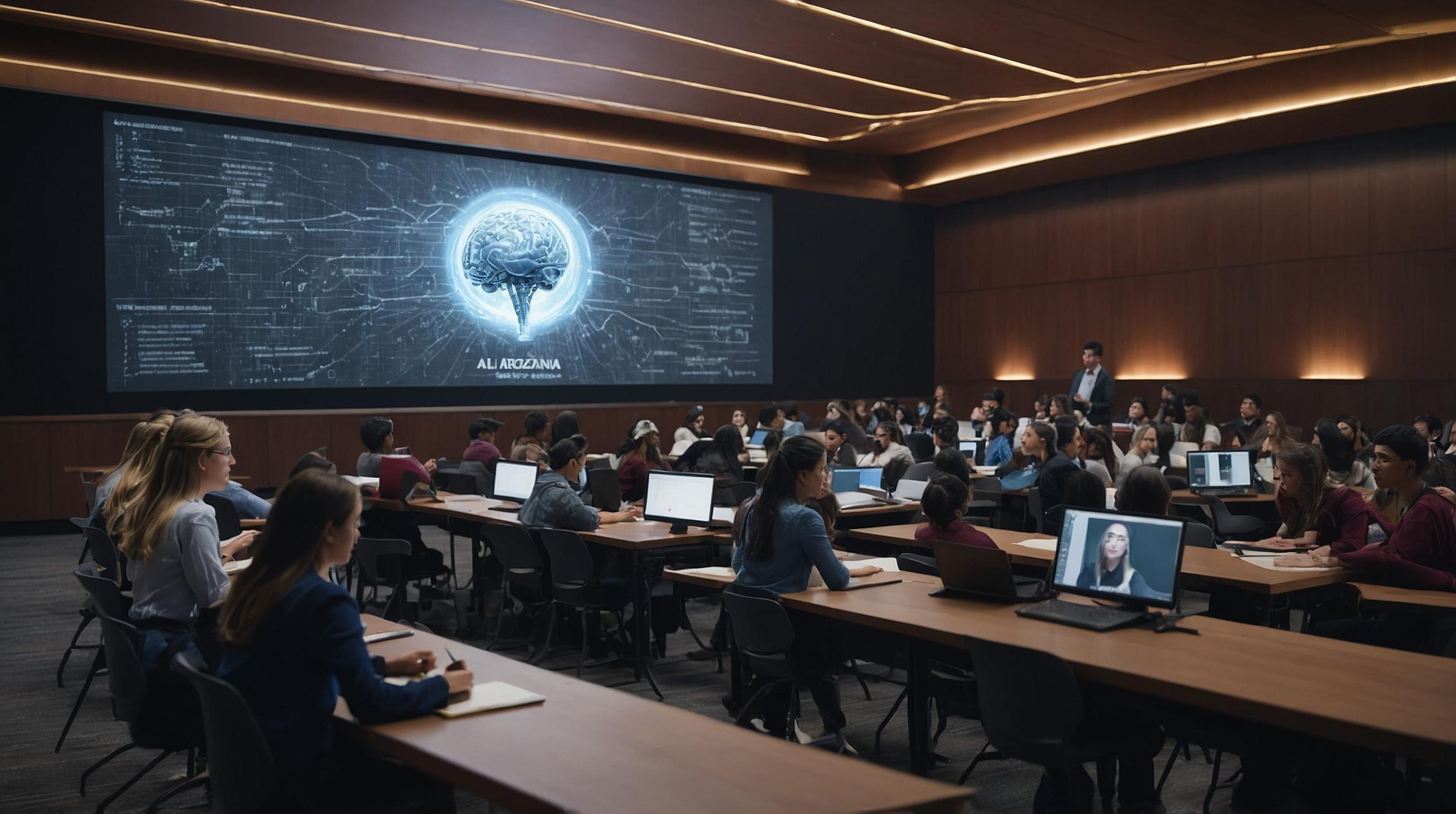The Impact of Media Polarization in Argentina
The media landscape in Argentina has been heavily impacted by the polarization of society in recent years. According to Vanina Berghella, the director of the Latin American region for the International Fund for Public Interest Media (IFPIM), this polarization has led to a decline in the quality of media outlets in the country. Many media outlets have taken political positions that reflect the extreme divisions within Argentine society, resulting in the loss of focus on the issues that truly matter to the public. The media’s role in this polarization cannot be ignored, as it has contributed to the rise of far-right figures like Javier Milei.
Media’s Role in Shaping Political Leaders
Javier Milei, a far-right politician in Argentina, is a product of both the media and the political system. He gained popularity through his appearances as a TV panelist, where his controversial and confrontational style attracted viewers. The media played a significant role in giving him a platform to gain visibility and impact. This continued even when Milei entered politics and ran for president, with the media giving him priority coverage. The lesson here is that the media has the power to shape political leaders by providing them with a platform and amplifying their messages.
The Influence of Traditional Media in the Digital Age
While social media platforms have had a significant impact on the media landscape, traditional media outlets still hold influence and are consumed by the public. The COVID-19 pandemic demonstrated the importance of traditional media as people turned to them for reliable information during a time of fear and uncertainty. In addition, the recent elections in Argentina showed that traditional media still has a significant impact on the public, as people consumed and engaged with the coverage of political candidates. Despite claims of a crisis in credibility and declining consumption, traditional media remains relevant and valued by the public.
Navigating the Challenges of AI in the Media Industry
Artificial intelligence (AI) poses both challenges and opportunities for the media industry. While social media caught the media industry off guard, they are better prepared to handle the impact of AI. They have already begun to ask important questions about regulations and the verification of information produced by AI algorithms. The key to navigating this challenge is learning how to validate information and ensuring that it comes from qualified and reliable sources. Rather than demonizing technology, the media should use it to their advantage while remaining vigilant.
Promoting Responsibility and Trust in Journalism
In the early days of social media, journalists made mistakes and often rejected the platforms, fearing they would replace their jobs. However, over time, journalists learned to use social media to their advantage, showcasing their work and building a direct and personal connection with their audience. Social media also opened up opportunities for journalists to capitalize on their audiences and build their loyalty. However, the relationship with large platforms can be complex, as changes in algorithms and priorities can negatively impact smaller media outlets. Transparency, self-criticism, and a commitment to rectifying errors are necessary to rebuild trust with audiences and promote responsible journalism.
Supporting Independent and Small Media Outlets
Independent and small media outlets in Latin America face significant challenges in terms of financial sustainability. The decline in advertising revenue is a constant threat and puts smaller outlets at risk. However, these outlets have shown great creativity in finding alternative revenue sources, such as membership groups, events, and services for other media outlets. It is crucial to support these outlets to maintain a diverse media landscape, as small outlets often provide unique perspectives and voices that are essential for a healthy democracy. The presence of women in media management positions has improved over the years, but there is still a long way to go in terms of diversity and representation, especially in Indigenous and rural communities.
Analyst comment
Neutral news.
Short analysis: The polarized media landscape in Argentina has resulted in a decline in the quality of media outlets. Traditional media remains influential, especially during the COVID-19 pandemic and recent elections. The media industry is navigating the challenges and opportunities posed by AI. Journalists have learned to use social media to connect with their audience, but must remain transparent and continue to build trust. It is crucial to support independent and small media outlets for a diverse and inclusive media landscape.













